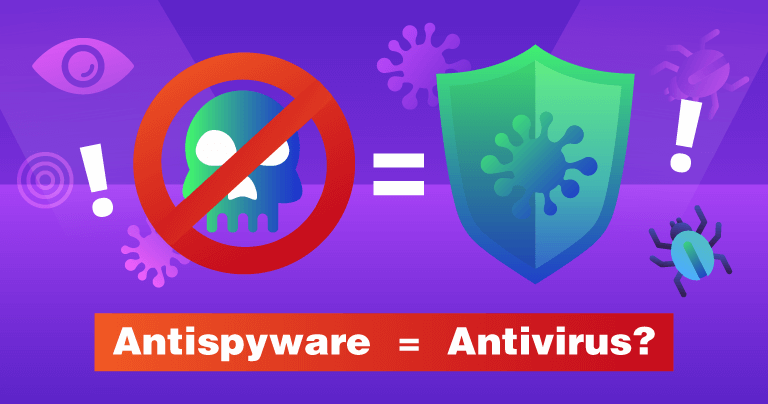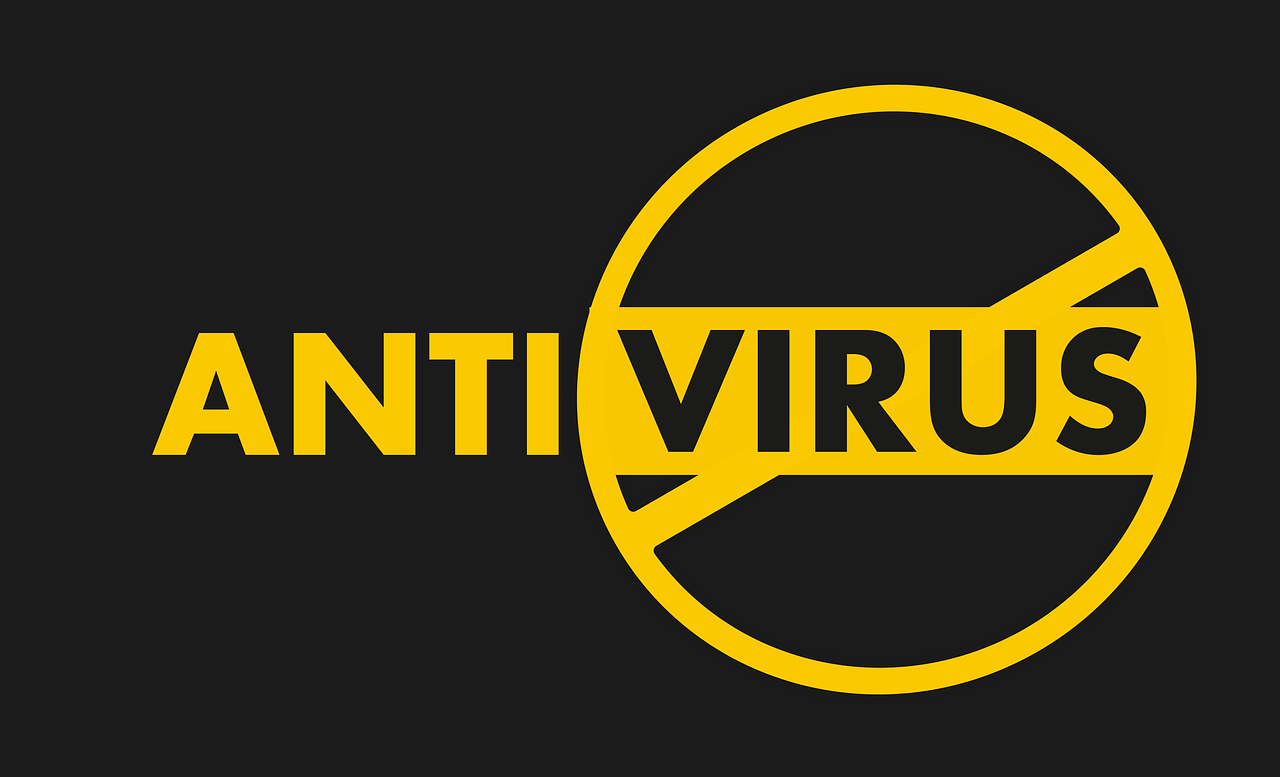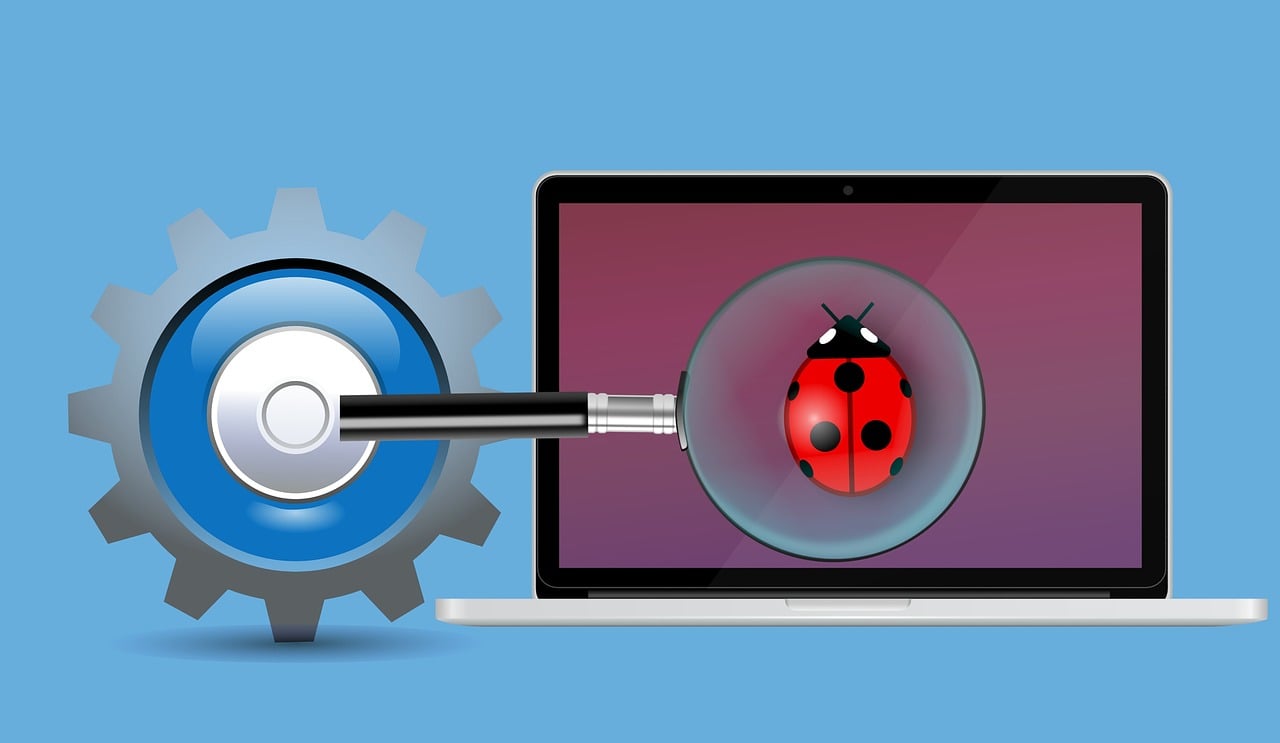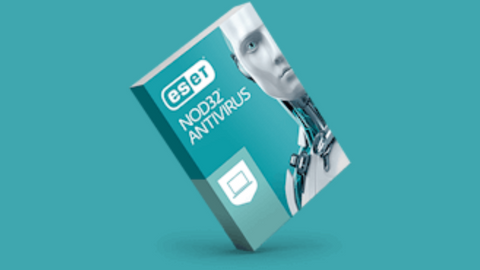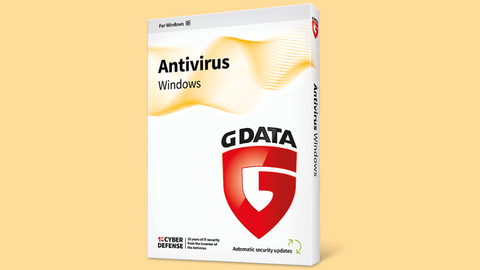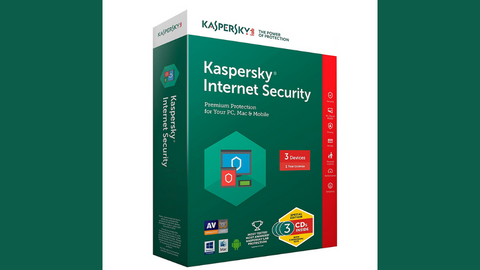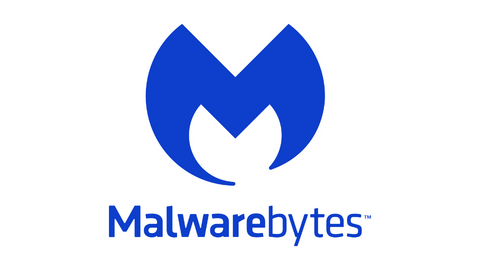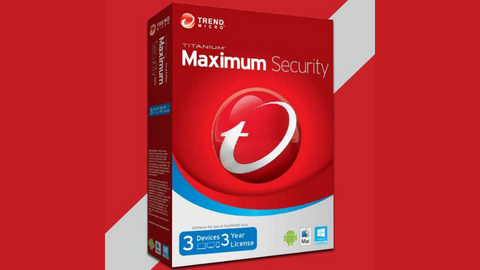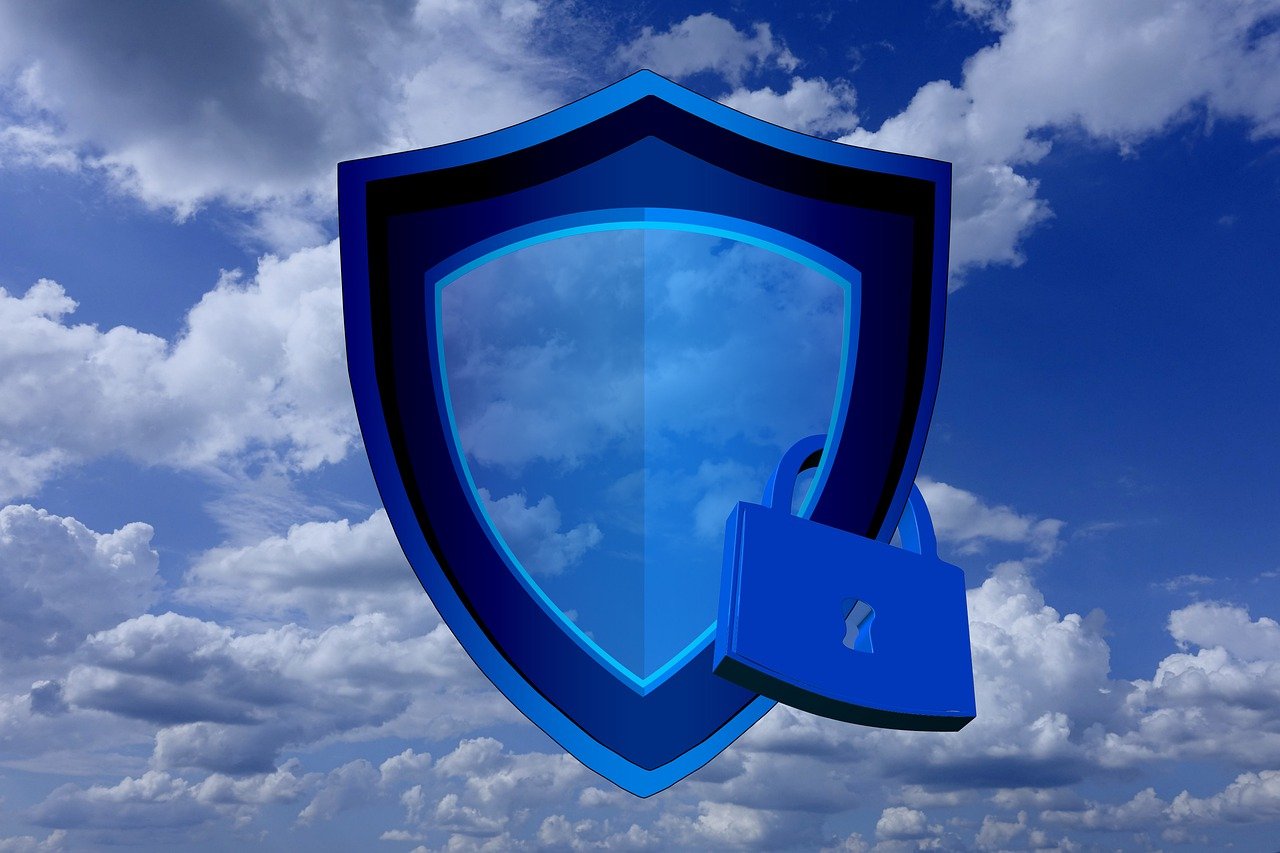Here, I will show you the difference between antivirus and anti spyware.
You should always ensure your computer is protected from viruses and other malware. A vast variety of tools out there help you secure your devices, and most of them are quite easy to install and use. They work in different ways and have their categorizations, depending on the scope and technique of their defence.
While antivirus software might be the most common tool, anti spyware software is also becoming increasingly important. This is because of the focus on data protection these days, and the danger of malicious persons spying on your data and using it for nefarious purposes.
Therefore, it is clear that there is a need for effective protective measures on your computer. If you protect your devices, everything from your social media accounts to your Spectrum TV portal will be secure.
But do you need antivirus or anti-spyware programmes? Or do you need both? You can answer these questions once you know the difference between the two and how well they can serve your needs.
READ ALSO: Spyware Guide: The Invisible Intruder Lurking in Your Devices
Table of Contents
What Is Antivirus Software?
Antivirus programs cover many hazards, such as viruses, malware, spyware, keyloggers, rootkits, computer worms, etc. They scan your computer regularly to detect any threats or any file that seems harmful.
Then, it destroys and removes these threats, so your computer experience remains secure. You can also enable deeper scans that go into the minutiae of your computer to find any possible threats.
With most of your work being online, there’s a constant risk of viruses and malware entering your system. Therefore, a strong antivirus programme is essential.
Examples: Kaspersky, Norton Antivirus, Bitdefender Antivirus Plus
What Is Anti Spyware?
Anti spyware programs are software applications that detect, remove, and prevent spyware in your computer. Spyware refers to malicious programs that track your online activity and gather your information.
These malicious programs attempt to steal your information without you knowing, and anti-spyware software prevents this from happening.
These have become quite important, particularly in this age where most of your information is somewhere on your computer or online. Anti-spyware might be sold as separate programmes but is often packaged with security suites.
Examples: SpyHunter, Spyware Terminator, Malwarebytes
Best Antivirus And AntiSpyware Deals
What Are The Differences Between Antivirus and Anti Spyware?
In today’s digital world, our computers are treasure troves of personal information. Protecting them from unwanted visitors is crucial, and that’s where security software comes in.
But with terms like “antivirus” and “antispyware” getting thrown around, you might wonder: what’s the difference, and do you need both?
Antivirus: Your Digital Bodyguard
Imagine a burly security guard standing guard at your castle gate. That’s essentially what antivirus software does. It focuses on protecting your system from malicious programs like viruses, worms, and trojans.
These programs can wreak havoc, deleting files, corrupting data, or even stealing your login credentials.
Antivirus software works in a few key ways:
- Scans for Threats: It regularly scans your system for known malware signatures, like digital fingerprints of malicious code.
- Blocks Intrusions: If it detects a threat, it can quarantine or remove the program before it can harm your system.
- Provides Real-Time Protection: Many antivirus programs constantly monitor your computer’s activity, looking for suspicious behavior that might indicate a malware attack.
Antispyware: Shielding Your Privacy
Now, let’s say a sneaky thief sneaks into your castle through a secret passage, not to steal your valuables, but to gather information about you and your habits. That’s analogous to spyware.
Spyware programs can lurk on your computer, silently monitoring your browsing activity, keystrokes, or even webcam to collect personal data.
Antispyware software is designed to combat this specific threat. It focuses on detecting and removing spyware programs that might be stealing your information. Here’s how it helps:
- Identifies Spyware: It scans your system for known spyware programs and their components.
- Blocks Data Theft: It can prevent spyware from transmitting your data to outside sources.
- Protects Your Privacy: By removing spyware, you can regain control over your personal information.
Do You Need Both?
While some antivirus programs offer basic spyware protection, it’s often limited. In my experience, having a dedicated antispyware program alongside your antivirus provides a stronger layer of defence. Consider it a one-two punch against both malicious programs trying to harm your system and those trying to steal your data.
READ ALSO: Best Antivirus For 2022
Antivirus vs. Antispyware: Your Burning Questions Answered
What is the difference between an antivirus and antispyware?
Here’s the breakdown:
- Antivirus: Protects your computer from malicious programs like viruses, worms, and trojans. These programs can damage your system, steal data, or disrupt operations. Think of it as a digital bodyguard.
- Antispyware: Shields your privacy by detecting and removing spyware programs. Spyware lurks on your computer, silently monitoring your activity (browsing, keystrokes) to steal personal information. Imagine a sneaky thief gathering intel within your system.
What is the valid difference between a virus and spyware?
Both are malicious, but their goals differ:
- Virus: Aims to replicate itself and spread to other computers, causing damage or disrupting functionality. Think of it like a contagious illness for your system.
- Spyware: Focuses on gathering your personal information without your knowledge. It doesn’t necessarily damage your computer, but it compromises your privacy.
What is the meaning of anti-spyware?
Anti-spyware is software specifically designed to detect, block, and remove spyware programs from your computer. It safeguards your privacy by preventing these programs from stealing your data.
What is the difference between anti-malware and AV (antivirus)?
- Anti-malware: A broader term encompassing all software that fights malicious programs, including viruses, spyware, worms, and more. It’s like a general defending your castle from various invaders.
- Antivirus (AV): A specific type of anti-malware that focuses on protecting against viruses, worms, and trojans. It’s like a knight specializing in battling those specific threats.
What is the difference between a virus and antivirus?
This one might be flipped! Here’s the clarification:
- Virus: A malicious software program that replicates itself and spreads to other computers.
- Antivirus: Software designed to detect, block, and remove viruses from your computer. It’s the shield that protects you from the virus threat.
Conclusion
In conclusion, both antivirus and anti-spyware programs have their applications.
You can have either an antivirus software or both, depending on your needs. You need to evaluate your requirements accordingly.
INTERESTING READS
- Cyber Threats: How to Secure your Computer against Cyber Threats
- How To Detect GPS Tracking On Your Cell Phone
- How to Detect Fake Social Media Profiles
- What is VPN? What are its Features and Benefits?
- How To Detect Email Phishing Attempts (Like A Geek!)
- The Best Antivirus Software
- Comprehensive Malware Guide: Safeguarding Your Digital World
About the Author:
Chandra Palan is an Indian-born content writer, currently based in Australia with her husband and two kids. She is a passionate writer and has been writing for the past decade, covering topics ranging from technology, cybersecurity, data privacy and more. She currently works as a content writer for SecureBlitz.com, covering the latest cyber threats and trends. With her in-depth knowledge of the industry, she strives to deliver accurate and helpful advice to her readers.
Meet Angela Daniel, an esteemed cybersecurity expert and the Associate Editor at SecureBlitz. With a profound understanding of the digital security landscape, Angela is dedicated to sharing her wealth of knowledge with readers. Her insightful articles delve into the intricacies of cybersecurity, offering a beacon of understanding in the ever-evolving realm of online safety.
Angela's expertise is grounded in a passion for staying at the forefront of emerging threats and protective measures. Her commitment to empowering individuals and organizations with the tools and insights to safeguard their digital presence is unwavering.


